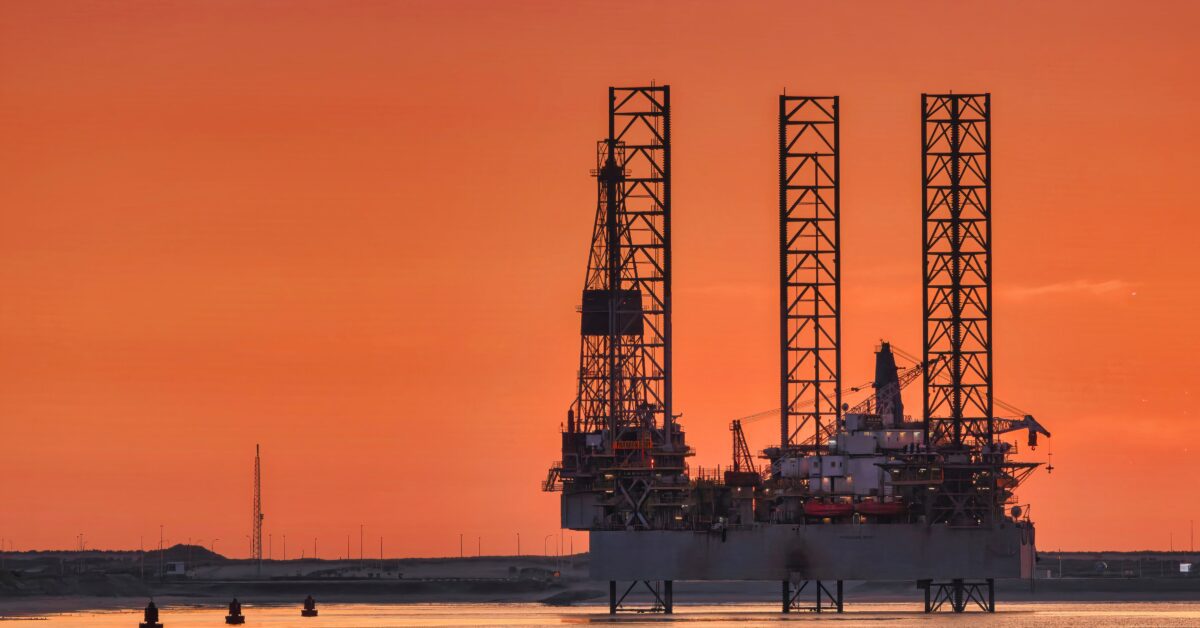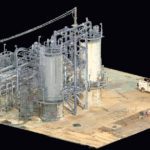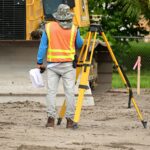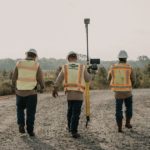Anyone in the civil and environmental engineering fields knows the importance of surveying – and it remains a crucial part of any oil and gas project taken on today. With new and advanced technology, oil and gas surveyors are able to provide clients with a robust set of data about any project they take on.
Before you embark on an oil and gas project, make sure that you are conducting the proper geological surveying to ensure that the endeavor gets off on the right foot. Geological surveying in oil and gas offers numerous benefits and is a must-do for any project site.
What Is a Survey in Oil and Gas Industry?
To put it simply, surveying in the oil and gas industry refers to the process of mapping out the area around the designated location of a development project. This has plenty of benefits and will help you achieve the best possible results (in terms of both profit and other factors). Oil and gas surveying is the only way to start out your project on the right foot.
Benefits of Oil and Gas Surveying
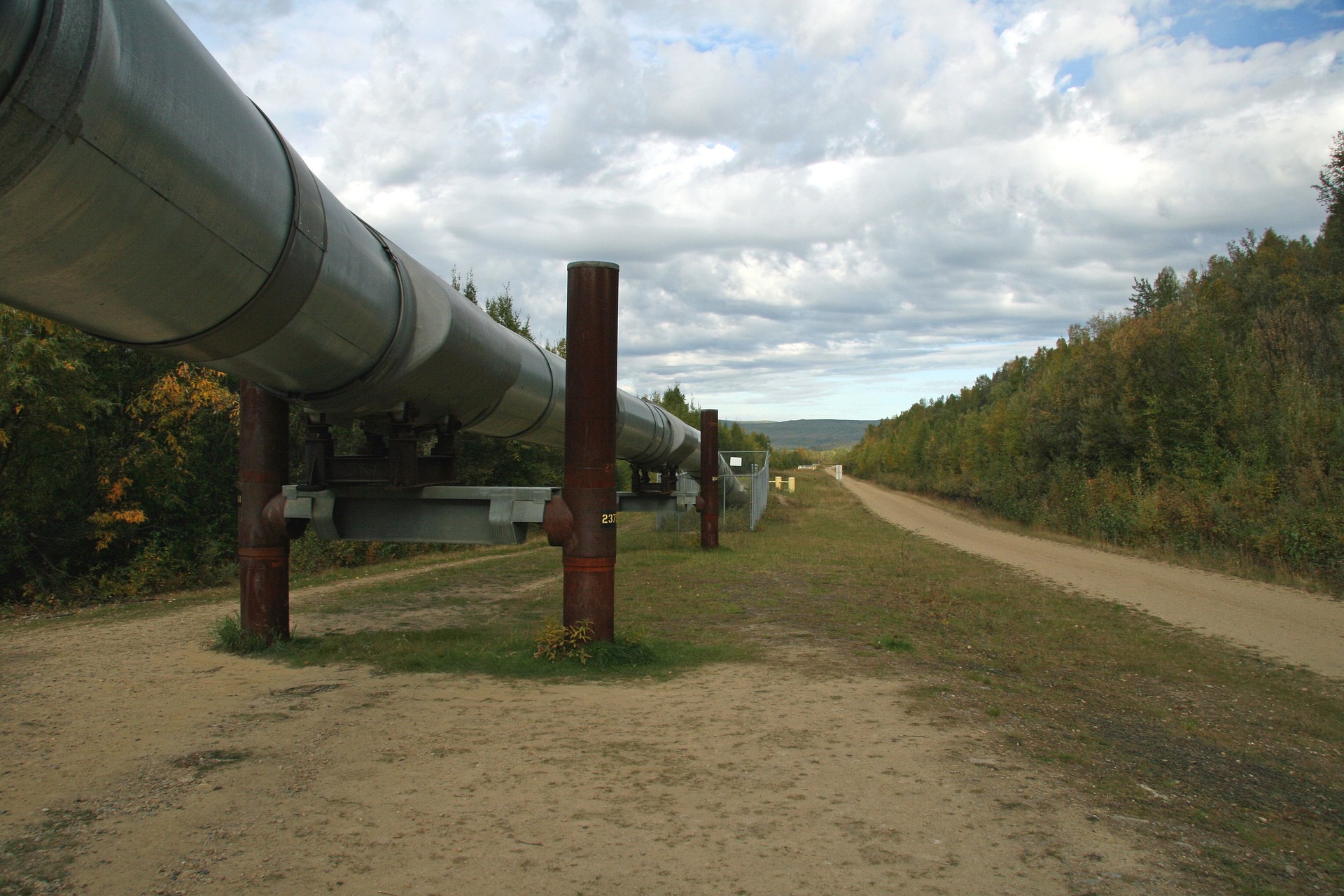
via Pixabay
There are many benefits associated with oil and gas surveying, not the least of which is adhering to your project’s stated deadlines. You will want to conduct a survey at the beginning of your project to ensure that you have quality information that will allow you to make accurate predictions about the duration and completion of an oil and gas project.
Surveying will help you properly consider the quality of the construction as well as the location of the project. Conducting effective oil and gas surveying right off the bat is a tried-and-true way to get your oil rig, natural gas pipeline, or other operation up and running in an ideal location – plus, it’ll save you time, money, and energy down the line.
You will be equipped with all of the information you need to build better infrastructure that will endure for years to come. This is where oil and gas surveying overlaps with the field of civil engineering – it’s crucial to have all the data you need in order to provide long-lasting, efficient, and environmentally cognizant infrastructure.
Surveying is also a crucial piece of promoting and ensuring safe practices. Although initial surveying should be completed in the early stages of an oil and gas project, it can be reviewed throughout the design, construction, and production phases.
Robust surveying can ensure that development will include the safe installation of appropriate pipelines or other infrastructure, prioritization of cost-effective solutions, minimal risk to the company and construction crew, and integrity from a project management perspective.
It is critical that oil and gas projects are secure and safe—as anyone in the industry knows, the field has received plenty of backsplash for doing environmental damage. But that doesn’t have to be the case. When you build wells and pipelines that are created to withstand years of continuous use, we are doing a service to the environment.
Creating high-quality, long-lasting oil and gas projects not only prevents expensive repairs and minimizes necessary maintenance in the future but also contributes to the integrity of the entire infrastructure.
Safety concerns begin with the well-being of each individual on the crew and reach out to cover the well-being of our environment. Proper surveying can help keep both our people and our world safe.
Oil and gas surveying is also an important part of the pre-development process because it can help you avoid costly (and potentially dangerous) issues later on. These are just a few of the benefits of surveying before you begin your oil and gas project:
- Staying on deadline
- Building better, more effective infrastructure
- Promoting and following safe practices
- Minimizing harm to the environment

via Pixabay
What Information Does Oil and Gas Surveying Provide?
When you complete oil and gas surveying with a reputable, qualified firm like Fenstermaker, you will get an inside look at many important features of the land you’re planning to build on such as existing pipelines and types of terrain. For instance, you will get a full visual of information like:
- Which other companies are drilling nearby
- Where pre-existing pipelines are located
- Major landmarks and other topographical features
- Access road locations
- Subsurface and surface land materials
When you have this information right off the bat, you will be able to map out a complete description of the land or site you are hoping to work on as well as any potential hindrances. Understanding potential bumps in the road allows you to account for those problems beforehand instead of allotting plentiful time and resources to fix them on the job.
What Is a Geological Survey in Oil and Gas?
Geological surveying in the oil and gas industry involves investigating the geology of the surface and subsurface of a given site. Generally speaking, these surveys are conducted with the purpose of building a geological map or model of an area. Geological surveys involve many different tactics, both intrusive and surface-level.
Geological surveys are highly important to the world of civil and environmental engineering, and they help to provide crucial information about projects in numerous different fields, including oil and gas, water resources, coastal, and so many more.
In terms of oil and gas, geological surveys can help organizations understand more about the areas where they are hoping to establish projects or run pipelines. For instance, the USGS World Energy Project conducts many different geologic studies that help companies and researchers understand the quantity, quality, and geologic distribution of the world’s oil and gas resources.
The USGS has broad aims with these surveys. Specifically, they are aiming to synthesize and improve their understanding of oil and gas data on a global scale in order to establish a geologic basis for energy production trend predictions, enhance discussion of logical implications and consequences of public policy related to energy, and educate society about issues related to energy, oil, and gas.
Clearly, their project is a large-scale one – but these principles and aims are just as applicable to undertakings in the public and private sectors. On a much smaller scale, geological surveying functions to provide information about the land and environment of an oil and gas project site. Surveying can also help companies learn about environmental impacts and considerations that they may want to address before their projects begin.
Does a Geological Survey Require Drilling?
A geological survey may sometimes require drilling, but it doesn’t always need this step. In the oil and gas industry, however, drilling as part of a geological survey is quite common. That’s because drilling helps geological surveyors get a better understanding of the subsurface materials at a site.
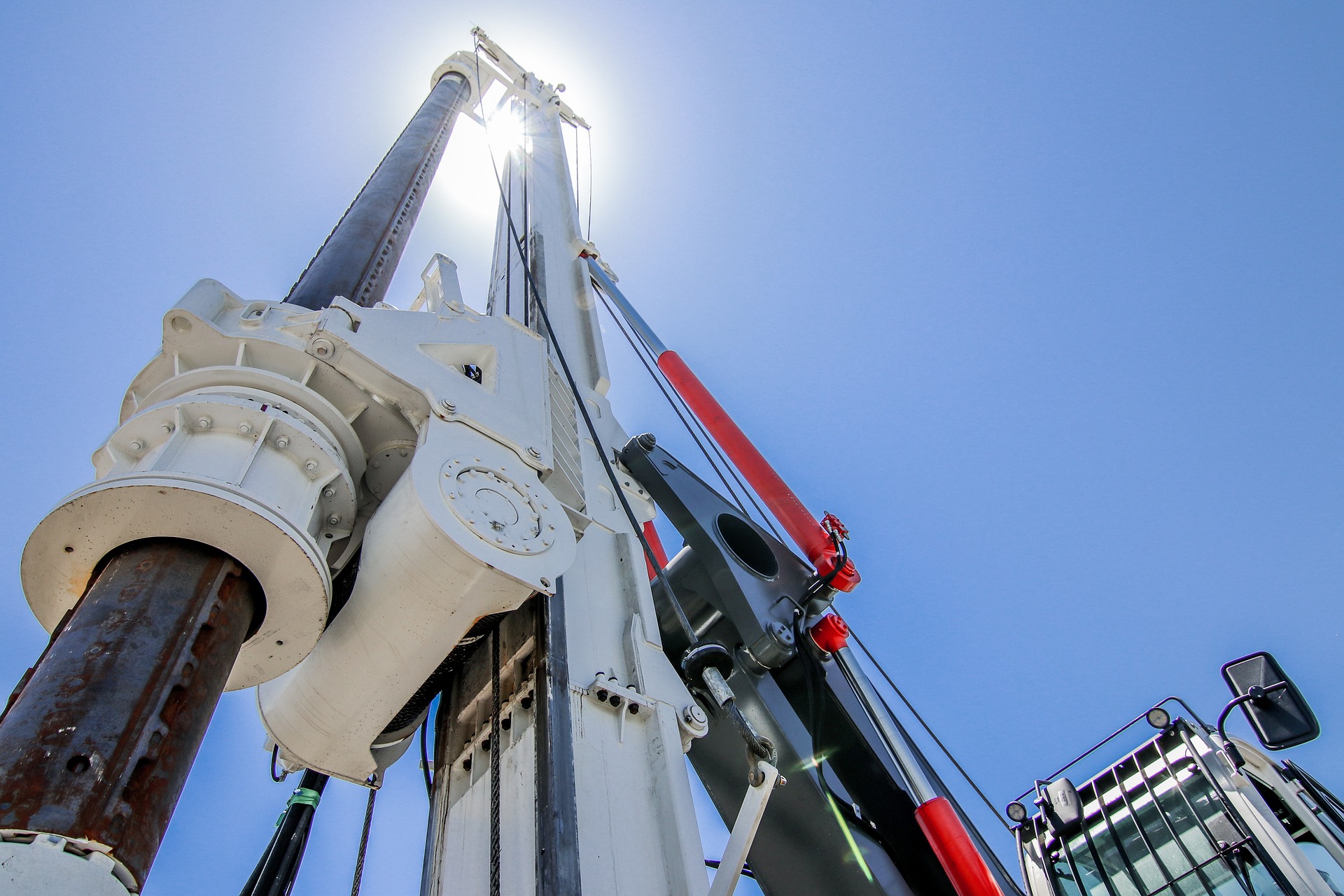
via Pixabay
Drilling refers to the process of penetrating through the ground in order to extract rocks from beneath the surface at various depths. In terms of geological surveying for oil and gas, this is relevant and useful to confirm the geology beneath the ground and provide samples for chemical analysis. Drilling helps determine the types and the structure of the rocks beneath our feet – and beneath our oil and gas projects.
While geological surveys traditionally use drilling as a way to explore the earth’s minerals, it has now become an important tool for investigating the strength of a given area’s ground before infrastructure gets built as well as for groundwater studies. In the oil and gas industry, it is essential to understand the makeup of the land underneath any project.
What Skills Do You Need to Be a Surveyor in the Oil and Gas Industry?
The people who conduct oil and gas surveys are typically geological or hydrologic technicians and have strong skills in areas such as critical thinking and communication. They may also be petroleum engineers.
Geological and hydrologic technicians are tasked with supporting engineers and scientists when it comes to exploring, extracting, and monitoring our planet’s natural resources.
Typically, these individuals will need at least an associate degree. Relevant degrees are those in applied sciences or science-related technology. Some employers may require a bachelor’s degree, but those who want to go into the field of geological surveying will definitely receive on-the-job training.
Having a bachelor’s degree is most relevant for positions that are particularly data-intensive or highly technical. Community colleges and technical institutes across the country often provide programs in geosciences, mining, or other relevant subject like geographic information systems (GIS).
While pursuing a degree before you head into the career path of being a geological or hydrologic technician, you will likely take classes in math, computer science, geology, physics, and chemistry. Some programs might even offer internships and other opportunities for students to gain experience while still pursuing their degrees.
Many of the skills needed to be a surveyor in oil and gas are transferable skills that can also be gleaned from working in other industries. These skills include:
- Analytical skills: anyone in a geological or hydrologic technician role will need to understand how to evaluate data and other samples using a variety of techniques and equipment, such as laboratory experimentation or computer-based modeling.
- Communication skills: those working in this field will have to be able to explain their methodology and findings to scientists, engineers, managers, and other technicians. It’s important that all stakeholders understand the findings of an oil and gas survey, so geological and hydrologic technicians will likely provide both oral and written reports.
- Critical thinking skills: it’s crucial to understand how to use your best judgment when you’re determining which scientific data is relevant to the job and then interpreting that data as best you can.
- Interpersonal skills: these professions work with many other roles in the field and on various jobs, so it’s important to prioritize teamwork and collaboration.
- Physical stamina: geological and hydrologic technicians will often need to conduct fieldwork that can involve visiting remote locations and carrying heavy testing and sampling equipment.
Anyone with these skills and an interest in the oil and gas industry is already in a great position to get a job working on surveying projects. The demand for these jobs continues to increase on pace with other jobs in the American economy.
What Types of Data Do Surveyors Collect in Oil and Gas Surveys?
Surveyors in oil and gas collect a wide range of data such as nearby roads, major land features, and surrounding bodies of water. This information can help companies make informed decisions about their projects in this industry.
Some of the data that surveyors collect will be broad while other pieces of it will be highly specific and scientific. This information can include concepts and information like…
- Other companies that may be drilling nearby
- Where other pipelines are already located
- Major landmarks and other topographical features
- Access road locations
- Subsurface and surface land materials
- Environmental hazards or concerns
- Water resource information
- Types of rocks and structure of the subsurface area
When it comes to the types of information that you can get from conducting a robust oil and gas survey, the list is virtually endless. All of this data will then be compiled into a report so that you can use the findings of the survey to make informed decisions about your project.
Final Thoughts
Geological surveys are an important part of oil and gas projects, and they should be completed early in the timeline of the project. They have numerous benefits, including helping the project adhere to its timeline, building long-lasting infrastructure, promoting safe practices, minimizing environmental harm, providing surface and subsurface data, and so much more.
To ensure that your oil and gas project goes to plan, you may want to consider working with a qualified, experienced firm like Fenstermaker that can help you with your surveying needs.
